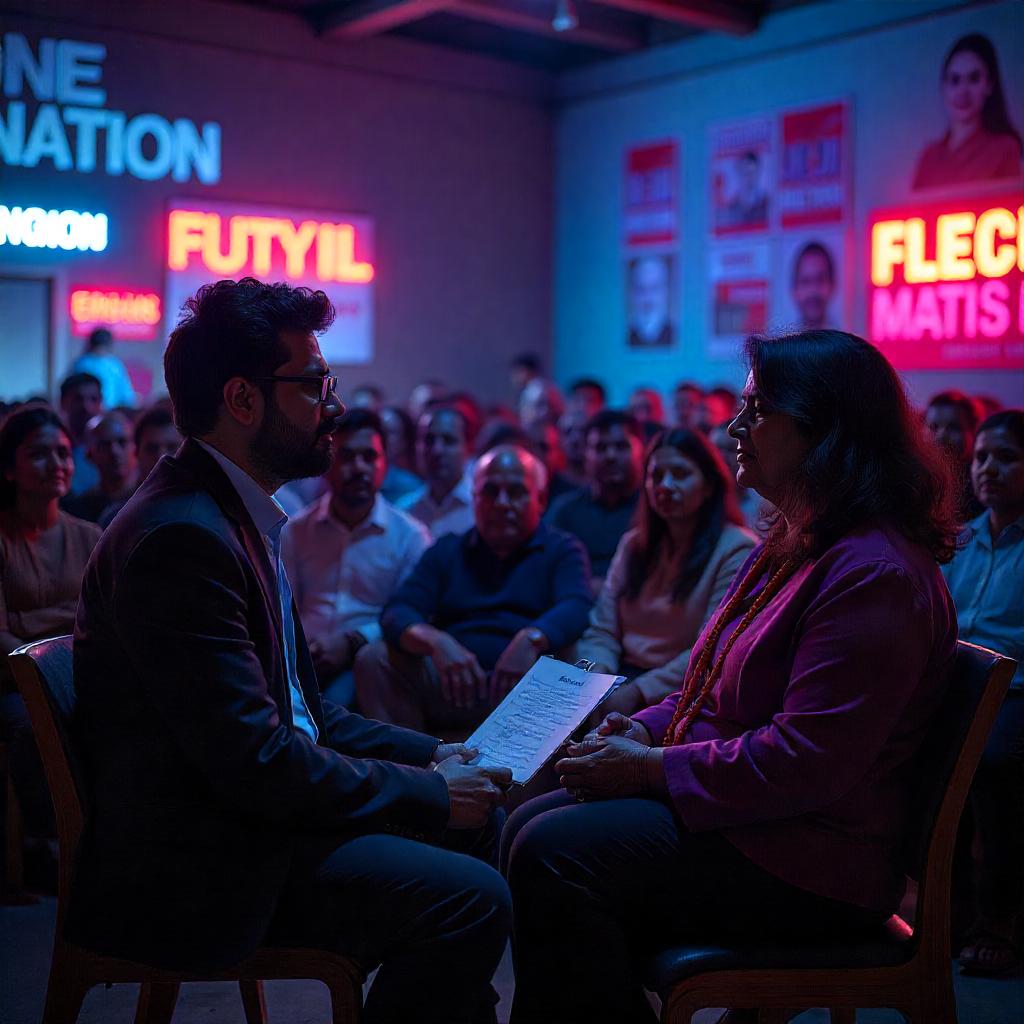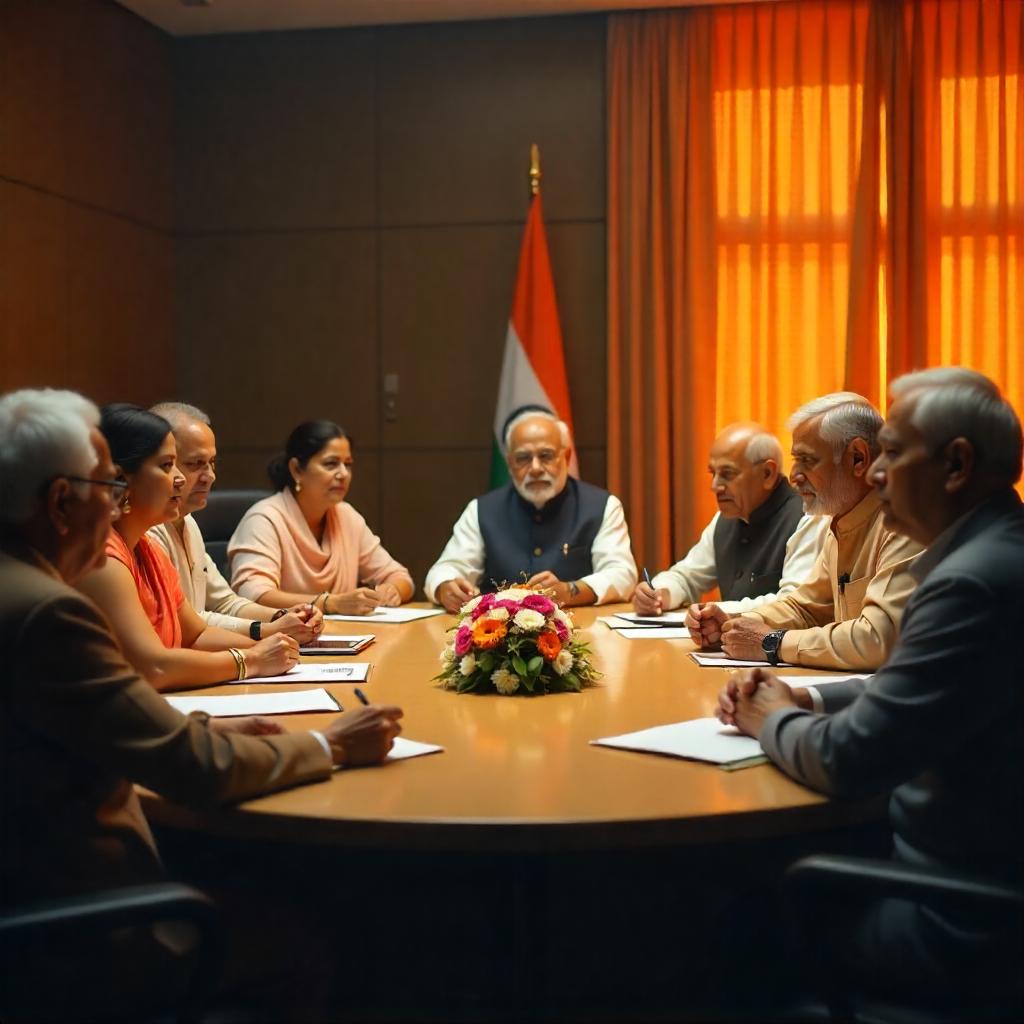Have you lately come across the phrase “One Nation, One Election”? This concept is generating debates about the direction of Indian democracy and headlines all throughout the nation. Still, what precisely does One Nation, One Election mean? Let us dissect it in an understandable, interesting manner.
One Nation, One Election Is What For?
The idea is to concurrently conduct elections for all State Legislative Assemblies and the Lok Sabha, the Parliament. Elections take place all year round right now, hence some portion of India is constantly getting ready to vote. This would bring everything together so that voters all over may cast their ballots on the same day or during the same time.
Imagine India having one major election every five years instead of election after election every few months. That is the essence of the One Nation, One Election concept.
Why Is Everybody Talking About It?
Proponents and detractors of the One Nation, One Election plan abound. Let us examine the reasons behind people’s fascination.
1. One saves money and resources here.
Elections come with expenses. Campaigns, security, and polling booth organization all cost a lot of money. One Nation, One Election allows the nation to save a great deal of money and use those resources toward growth.
2. Less disturbance of government affairs.
Elections hold down official activity. Polling locations are schools; authorities are engaged with election tasks; policies are postponed. It would restrict elections to one once every five years, therefore minimizing these disturbances.
3. Pay close attention to development.
Every few months, elections cause politicians to be continuously active with campaigning. This makes it difficult for them to concentrate on vital ongoing development projects. Leaders under One Nation, One Election would have five full years to concentrate on governing free from outside influences.
Issues with One Nation, One Election
One Nation, One Election sounds fantastic, but it’s not without difficulties.
1. What Happens Should a Government Collapse?
What happens, one wonders, should a state administration fall before the five-year tenure ends? Will we wait till the next One Nation, One Election or will we conduct elections only for that state?
2. Constitutional Reversals
The Constitution has major revisions needed to carry One Nation, One Election. Articles pertaining to Lok Sabha and State Assemblies would require changes. This is not simple and calls for cooperation between all political parties.
3. Governmental Issues
It has several detractors claiming it might compromise India’s federal system. States have own particular problems and interests. Should elections be conducted concurrently, they fear that national politics may eclipse their voices.
Is One Nation, One Election a Fresh Thought?
Not particularly! Actually, early on after independence, India conducted One Nation, One Election. Elections for the Lok Sabha and State Assemblies were conducted concurrently between 1952 and 1967. But when several state administrations dissolved sooner than anticipated, this cycle came apart.
The administration is now going over One Nation, One Election once again. Under the direction of former President Ram Nath Kovind, a team is looking at its viability and its applications in India of today.
Critics Against Supporters
Let us quickly review what others have to say about One Nation, One Election.
Advocates State:
It Economizes Time, Money, and Energy:
- Leaders may concentrate on long-term plans and good government.
- There won’t be election tiredness among voters.
Critics Comment:
- Implementing it in a large and varied nation like India is difficult.
- It could compromise federalism and state-level problems.
- Should a government collapse early, uncertainty might result.
The Road Ahead One Nation, One Election
Will India thus witness One Nation, One Election in the future? Too early to tell is what it is. Political parties must agree on the concept while the administration is currently researching how to make it successful. Should it transpire, it would be among the most significant changes to India’s electoral process.
Whether you agree or disagree, it is certain that this idea may affect Indian voting behavior. Every five years, one single election held all throughout the nation would save money, streamline the procedure, and minimize disturbance.
The discussion is significant as it influences everyone of us. Every five years, do you believe one election should be conducted? Alternatively, do you believe it to be too complex for a nation as varied as India?

One thing is definite: It is a concept that may change Indian democracy. Let us observe, talk about, and speculate about future events. After all, the democracy of India is based on the voices of its people, our voices.

